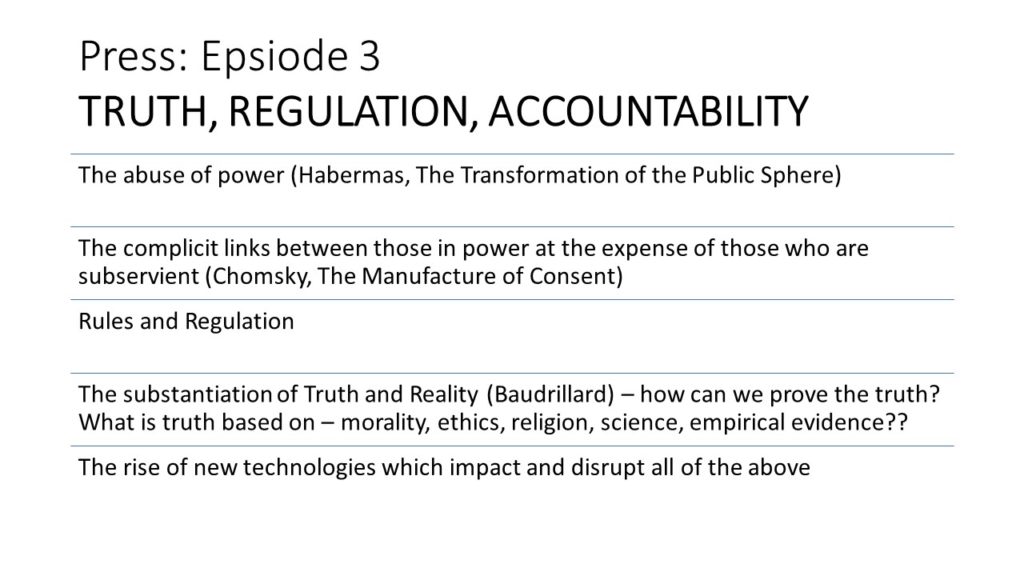Product: The Missing TV series (season 2 episode 1)
Media Language:
process through which media language
develops as genre, dynamic nature of genre
Analysis should include:
• Mise-en-scene analysis
• Semiotics: how images signify cultural meanings
Narrative: techniques are used to engage the audience, narrative conventions of the crime drama
• The ways in which the narrative structure of The Missing offers gratification to the audience.
• Narratology including Todorov
Genre
• Conventions of the TV series and the way in which this form is used to appeal to audiences;
how it is distinct from, but related to series and serials.
• Definition of the series as belonging to the drama and crime genres
• Analysing the current popularity of the crime genre – how might it work as metaphor for society
• The relationship between Genre and Myth
• Genre theory including Steve Neale
Media Representations:
The Missing provides a range of representational areas to explore; gender, the family, place,
issues, events, class
• Representation of place – northern Europe and the Middle East
• Feminist debates – Violence and the representation of gender. This could include the controversy around using violent crime against women as popular entertainment
Media Industries:
The Missing is the BBC’s response to the success of ITV’s Broadchurch which reintroduced the English language extended serial format to UK drama schedules following the success of foreign language series such as The Killing and the The Bridge. It is an example of co-operation between the BBC, STARZ (USA) and the Belgian government’s Tax Shelter scheme.
Media Audiences:
The production, distribution and circulation of The Missing shows how audiences can be reached, both on a national and global scale, through different media technologies and platforms, moving from the national to transnational through broadcast and digital technologies
Product: Witnesses TV series (season 1 episode 1)
Media Language:
The series is visually interesting, constructing a stylised representation of ‘real’ places which transmit meanings about characters, places and issues.
crime drama – use of enigmas, binary oppositions, restricted and omniscient narration
The narrative of Witnesses can be defined as postmodern in its self-reflexive style – particularly in its narrative about the family. Narratology including Todorov
Media Representations:
Witnesses provides a range of representational areas to explore from the national and regional to family structures and gender roles.
Media Industries:
Witnesses is part of a recent trend – which really started with BBC4’s showing of The Killing – for foreign language series to perform well critically and commercially with particular UK audiences. Witnesses, as an example of French Public Service Broadcasting provides the opportunity to study PSB in a different national context. Originally broadcast on Channel 4 in the UK, Witnesses was also part of the new online channel ‘Walter Presents’ p
Media Audiences:
The production, distribution and circulation of Witnesses shows how audiences can be reached, both on a national and global scale, through different media technologies and platforms, moving from the national to transnational through broadcast and digital technologies.
The advertising campaigns (trailers, websites at home and abroad) for the series demonstrate
how media producers target, attract and potentially construct audiences.
Social, political, economic and cultural contexts:
Witnesses is part of cultural phenomenon of the early twenty-first century which for the first time saw TV series not in the English language become part of mainstream UK broadcasting
The series used the genre to explore – amongst other themes – society’s fear of and desire for violence, social isolation and changing gender roles







